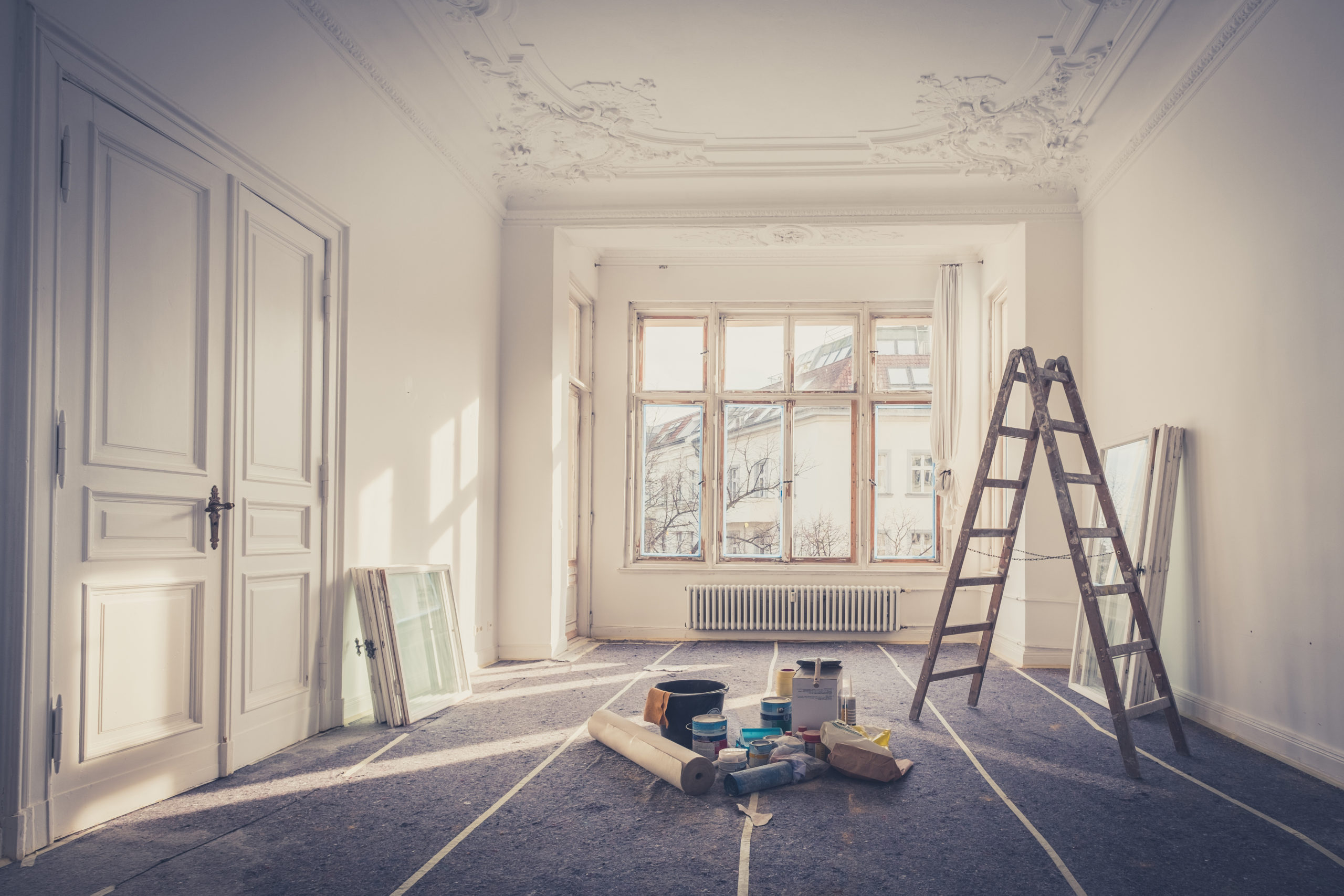Do you live in a small space but want to upgrade your home without lacking style or functionality? There are many clever solutions to maximize your space to its full potential.
Planning a renovation can seem like a costly hassle. If you can stick to a plan and map out a timeline that works for you, then the process can go quickly and smoothly.
Just like the size of your home, a little can go a long way. Read more to learn about tips for renovating a home with limited square footage.
Make low-cost projects with high impact a priority
When thinking about renovating your home, it is easy to want to jump right into major cosmetic changes. However, these cosmetic touch-ups do not always mean low costs.
A smaller living space can be reengineered with minor improvements. These include new cabinet hardware, change in paint color, lighting and so much more!
To figure out what home upgrades to prioritize, look at your budget. Once a budget is set, choose projects with the lowest cost and highest impact.
Lighting is everything
An affordable tip to make a room appear larger is to adjust your lighting. A poorly lit room can make the space feel small and cramped.
The trick is to mix task lighting, amber lighting, and accent lighting. Task lighting is essential to help you see while amber and accent lighting give an overall illumination of the space highlighting its important features.
Another way to reenergize the atmosphere of your space is by adding light fixtures throughout your home. Smart LED lightbulbs are great investments. Adjust the color temperature to a cool white during the day and a warm white in the evening to match the daily mood.
Hold off on the demolition
When dealing with limited space, every inch counts. Patience is key. The last thing you want to do is knock down a wall or demolish kitchen cabinets only to cause more harm than good.
There are steps you should take before demolishing aspects of your home. You will need to get your property inspected, obtain necessary permits, and disconnect your electricity or plumbing services if the project requires it.
Most importantly, safety first! Grab all the safety equipment and tools needed prior to demolition.
Not sure? Ask the pros
You may see yourself as a master at DIY projects. However, sometimes we take on projects that we are not qualified to tackle ourselves.
Seek out professional advice for projects that you are not trained to do yourself. Inquire about what aspects of the project you can take on yourself and what needs to be completed by a professional.
Consulting with a professional on pricier renovations might save you a buck or two. They can inform you on when to repair and when to replace.
The key to upgrading a small space is to make every little detail count.


